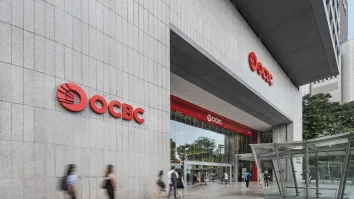
Liquidity pressures to loom over India's NBFCs in 2020
Wholesale and housing finance companies are the most vulnerable.
India’s non-bank financial companies (NBFCs) face slowing loan growth and liquidity pressures in 2020 amidst a tough operating environment and following the default of IL&FS in late 2018, according to a report by Fitch Ratings.
Liquidity pressures faced by the sector following the IL&FS failure are likely to continue until next year, with wholesale and housing finance companies (HFCs) as amongst the most vulnerable given their higher leverage, weaker asset-and-liability maturity (ALM) profiles and higher concentration risks.
“HFCs with thinner margins are more vulnerable to losses should asset-quality pressures increase due to rising real-estate delinquencies,” said Fitch Ratings analyst Siddharth Goel.
Meanwhile, Indian NBFCs are also expected to grow at a slower pace in 2020 amidst weaker economic growth and liquidity constraints. This would also impact loan growth, including business loans and commercial vehicle (CV) loans.
Also read: $50b capital shortage may hit Indian banks in case of NBFC stress: report
“The slowdown in automotive sales has had a particular impact on auto-loan growth and is likely to continue, while the acute slowdown in real estate may have a prolonged impact on construction financing as new disbursements have halted,” added Goel.
In contrast, companies focused on small-ticket consumer loans are projected to continue growing above the industry rate, owing to the lower credit penetration and higher exposure to rural sectors where credit competition with banks is lower.
Select asset classes (new CV loans, metro and tier 1 housing loans, and large-ticket loans against property (LAPs) also face weakening margins due to rising competition from banks whilst funding costs are likely to stay high as market rates should remain volatile – given the liquidity strain. In particular, the asset quality of CV loans and LAPs will be hit by deteriorating corporate and SME earnings alongside the slowing economy.
Goel encouraged large retail finance companies with well-managed ALM profiles to continue to access bank and capital markets funding, as further funding diversification in the offshore markets by larger issuers would benefit their funding profiles.
Companies exposed to the construction sector may face pressure in capitalisation, given their weakening asset quality. Access to new capital is likely to be challenging as the market appetite for equity investments in these companies remains subdued.



















 Advertise
Advertise











